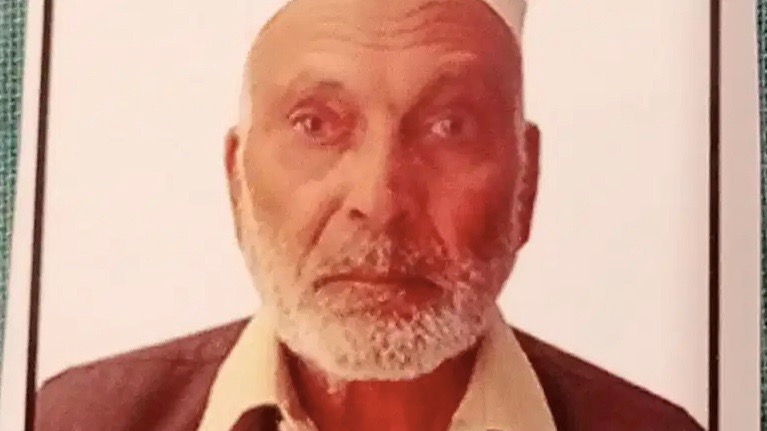On November 8, Sunday, unidentified gunmen shot dead 82-year-old Mehboob Ahmad Khan while he was waiting at one of the busiest bus terminals in the outskirts of Pakistan’s Peshawar city. Khan belonged to the minority Ahmadiyya community, which has long faced persecution in Pakistan. The targeted killing has invoked widespread condemnation, with Ahmadiyya community spokesperson Saleem ud din saying that the attack was motivated “because of his [Khan’s] faith”.
This year, at least four persons belonging to the Ahmadiyya community have been killed in Pakistan. In total, over 260 Ahmadiyyas have died in targeted killings by extremist groups since the 1980s.
Earlier in October, 56-year-old Ahmadi Naeem Khatak, a teacher in Peshawar, was gunned down allegedly by his colleague. His brother told the police that Naeem had got into an argument on religion with a Muslim professor from another college before he was targeted.
In a previous incident on July 29, a Pakistani-American man, Tahir Ahmad Naseem, was killed while he was in a courtroom undergoing trial after being charged under Pakistan’s blasphemy law. According to reports, Tahir was accused of violating the blasphemy law by proclaiming himself to be a ‘prophet’.
Several human rights groups, including Amnesty International and Human Rights Watch, have termed the Ahmadiyya sect “the most persecuted community” in Pakistan.
In May 2020, the Pakistani government led by prime minister Imran Khan established the National Commission on Minorities, an interfaith body, which was to enlist, among others, more than half a million people of the Ahmadiyya faith. However, the Ahmadiyyas chose not to be part of the minority commission fearing it will lead to more persecution. The Ahmadiyyas consider themselves to be Muslims and feel that the minority stamp would result in more harassment and violence against them. Most Muslims in Pakistan denounce the Ahmadiyya faith by terming it heretical to orthodox Islam and thus call the Ahmadiyyas non-Muslims.
The Ahmadiyya sect was founded by Mirza Ghulam Mohammad, who hailed from Punjab’s Qadian, in 1889 after he proclaimed himself to be the prophet. The Pakistan parliament declared Ahmadiyyas as non-Muslim in 1974. The situation particularly worsened for them after Pakistan passed laws in 1984 “forbidding them from saying or doing anything associated with Islam.”
In May 2010, extremist group Tehreek-e-Taliban attacked two mosques belonging to the Ahmadiyya sect in the city of Lahore, armed with guns, grenades and suicide bombs. The attackers killed 95 people and wounded over 100. In another major terrorist attack, in October 2005, masked gunmen attacked Ahmadiyya worshippers in a mosque in the town of Mandi Bahauddin in Punjab province, killing eight and injuring several others.





